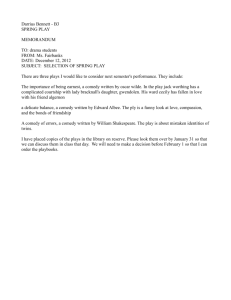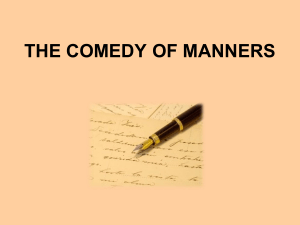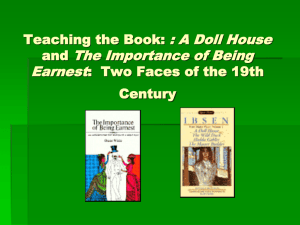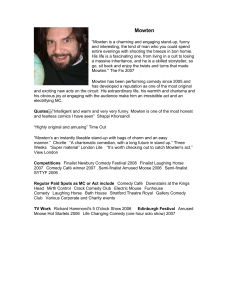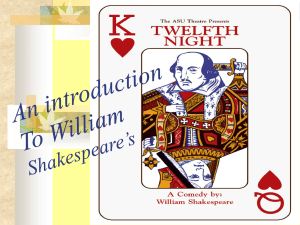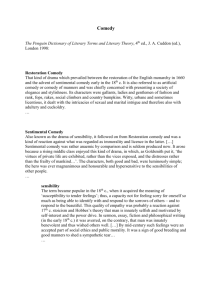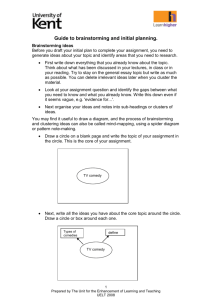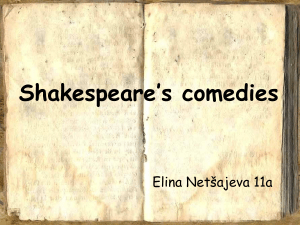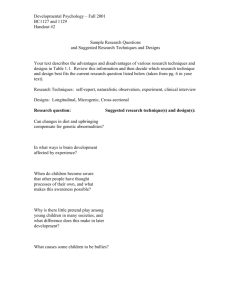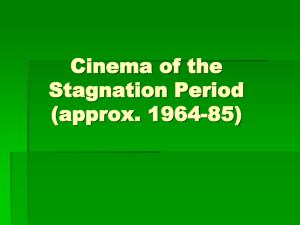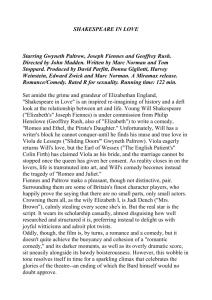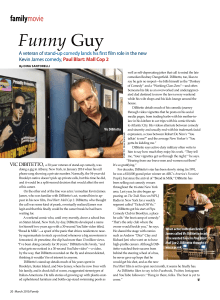Some definitions of COMEDY from the Oxford English Dictionary
advertisement
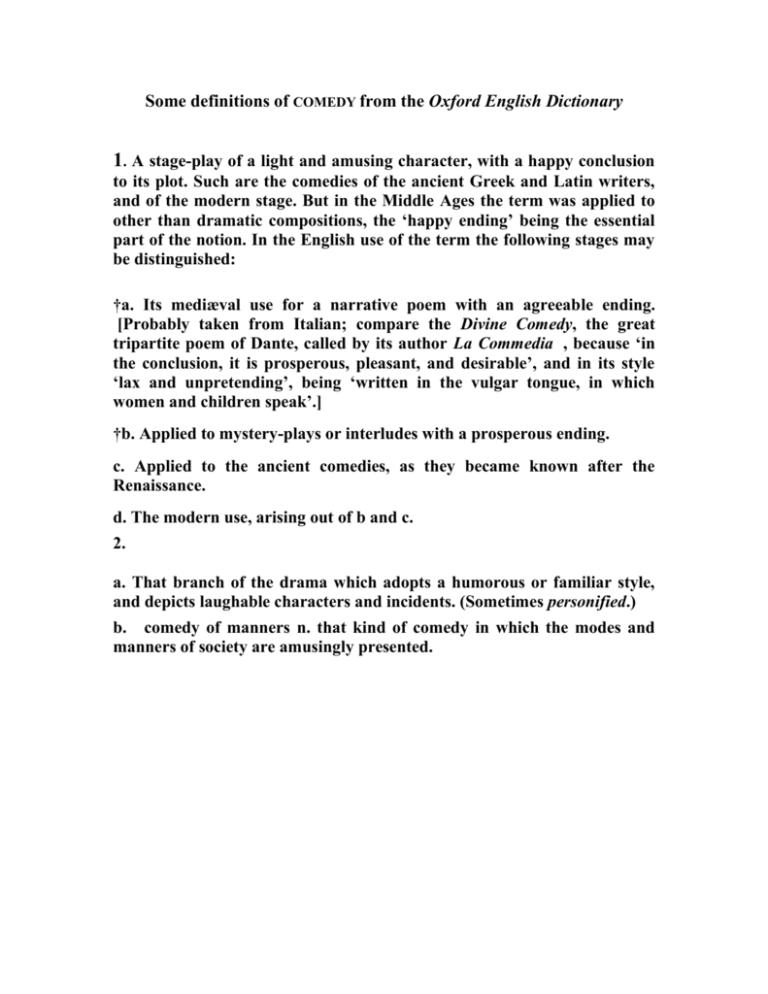
Some definitions of COMEDY from the Oxford English Dictionary 1. A stage-play of a light and amusing character, with a happy conclusion to its plot. Such are the comedies of the ancient Greek and Latin writers, and of the modern stage. But in the Middle Ages the term was applied to other than dramatic compositions, the ‘happy ending’ being the essential part of the notion. In the English use of the term the following stages may be distinguished: †a. Its mediæval use for a narrative poem with an agreeable ending. [Probably taken from Italian; compare the Divine Comedy, the great tripartite poem of Dante, called by its author La Commedia , because ‘in the conclusion, it is prosperous, pleasant, and desirable’, and in its style ‘lax and unpretending’, being ‘written in the vulgar tongue, in which women and children speak’.] †b. Applied to mystery-plays or interludes with a prosperous ending. c. Applied to the ancient comedies, as they became known after the Renaissance. d. The modern use, arising out of b and c. 2. a. That branch of the drama which adopts a humorous or familiar style, and depicts laughable characters and incidents. (Sometimes personified.) b. comedy of manners n. that kind of comedy in which the modes and manners of society are amusingly presented. Some definitions of GROTESQUE from the Oxford English Dictionary A. n 1. a. A kind of decorative painting or sculpture, consisting of representations of portions of human and animal forms, fantastically combined and interwoven with foliage and flowers. b. A work of art in this style. Chiefly pl., figures or designs in grotesque; in popular language, figures or designs characterized by comic distortion or exaggeration. The Italian form grottesco (pl. grotteschi) is sometimes used. B. adj. 1. Archit. Having the character of the work described in A. 1. (In some of the early instances the word may be the n. used attrib.) 2. a. In a wider sense, of designs or forms: Characterized by distortion or unnatural combinations; fantastically extravagant; bizarre, †quaint. Also transf. of immaterial things, esp. of literary style. b. Of landscape: Romantic, picturesquely irregular. Obs. 3. Ludicrous from incongruity; fantastically absurd.
